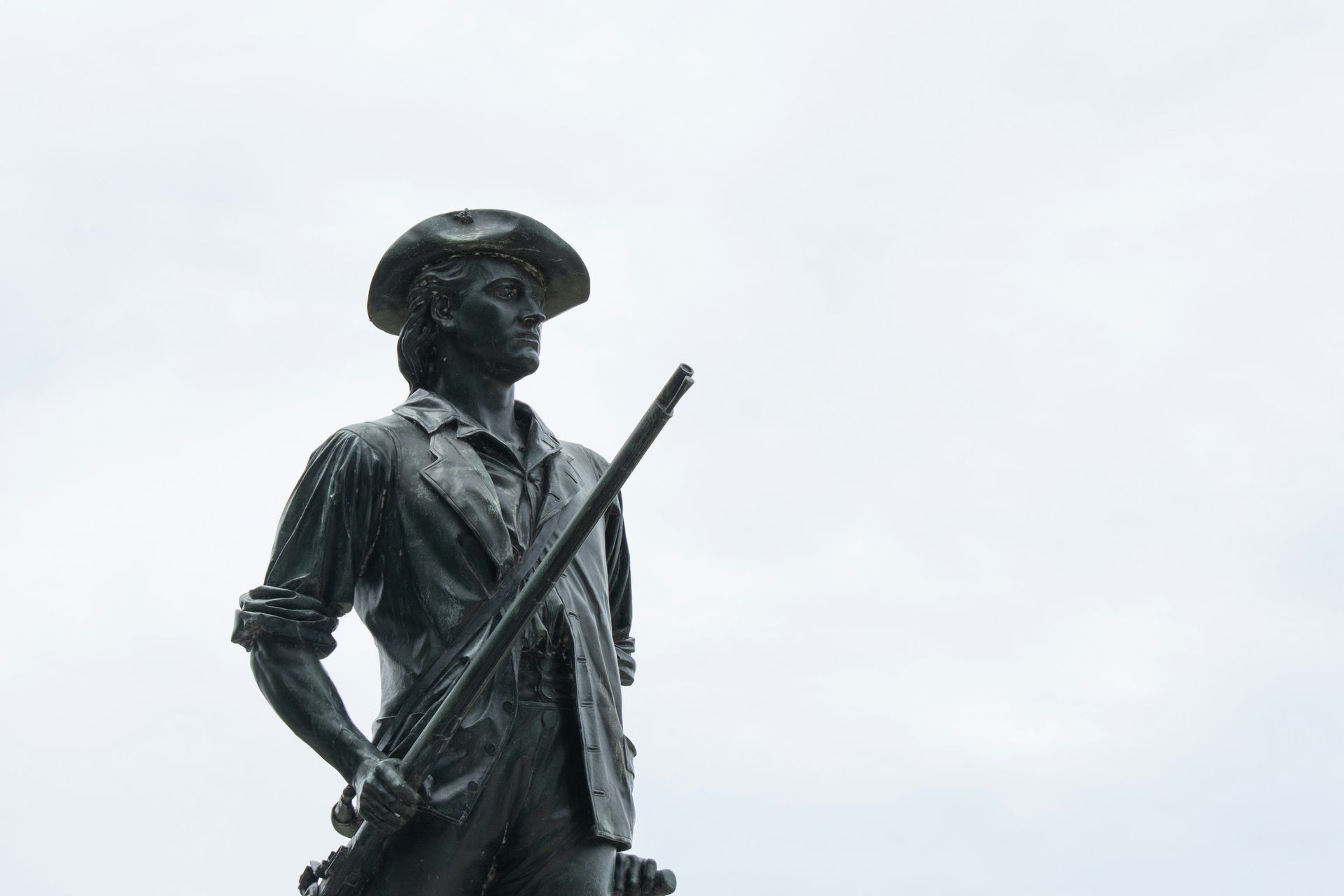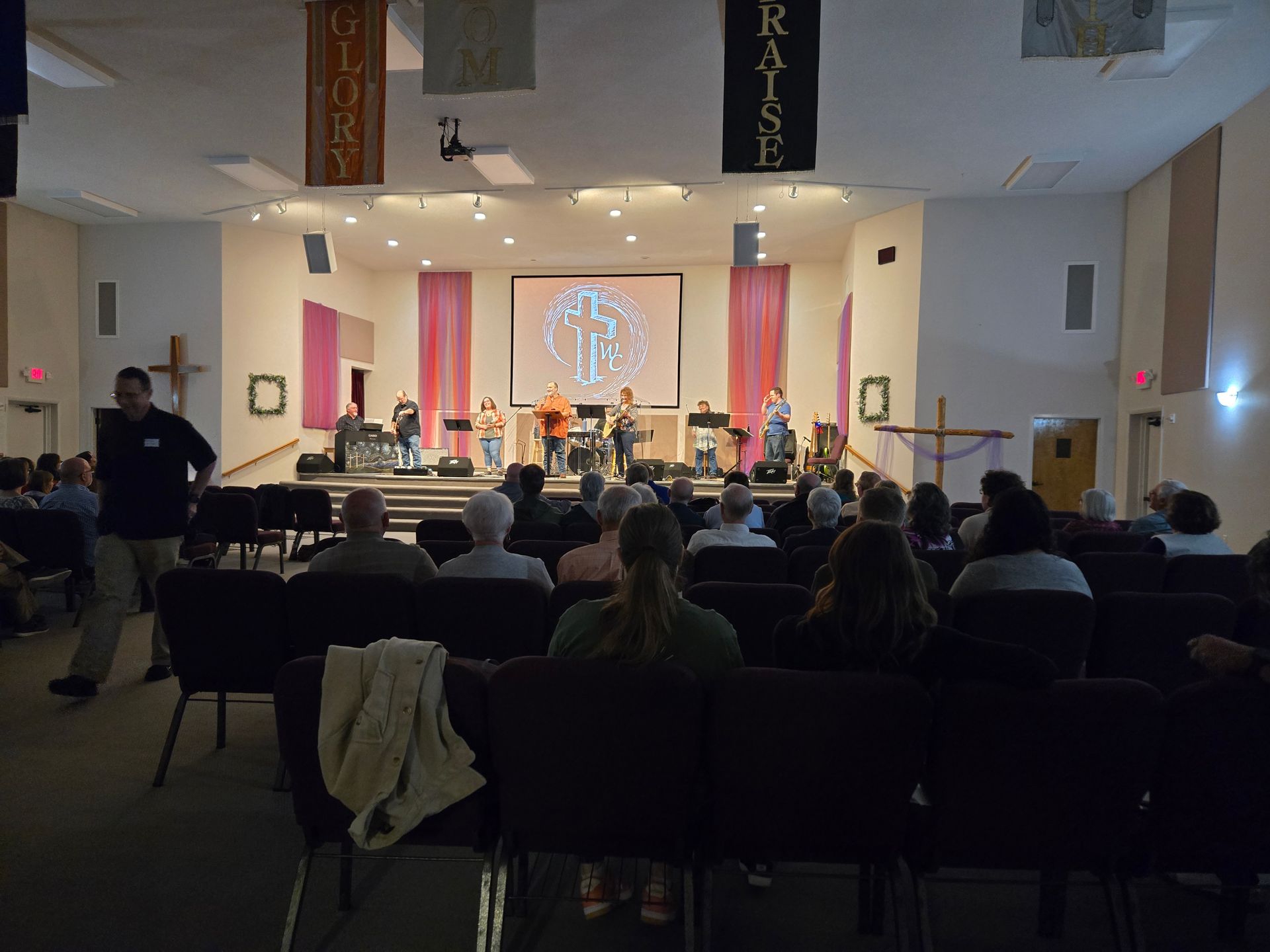Skilled Brethren Community-Builders
Brethren excel at community. Traditionally, Brethren emphasized a tight-knit community as an alternative to the corrupt world. During Threefold Communion, or Love Feast, the height of the Brethren church year, members demonstrated their commitment to the faith community,
especially through feetwashing. The early Brethren were an intense, intimate community.
The old Brethren, however, did little to enhance community in the larger society, which they considered soaked in sin and best avoided. They even steered clear of the temperance and abolition movements although they philosophically agreed with them.
But later generations of Brethren became more active in the world. The branch of the German Baptists that evolved into The Brethren Church pushed the Dunker envelope on contributing to the global community, especially through temperance, mission, and, later, disaster relief. Enhancing the larger community became part of the faith journey.
Thus, the old Brethren built community from within, and newer Brethren added an outward, activist perspective. Combining the two gives Brethren a special talent for community-building.
Contemporary society needs the Brethren sense of community. The strains on our social fabric are painfully obvious. Pessimism, for example, has often become the default response, especially among young people. They are gloomy about their future, think that society is stacked against them, and consider success increasingly unattainable, often because outside forces suppress their aspirations. They feel alone, and whatever community they recognize, they consider hostile.
From another perspective, we have become a society of angry, aggrieved minorities. Almost everybody, even many white people, regard themselves as a member of an oppressed subgroup. Some define Americanism so narrowly that they exclude numerous groups, while others come
close to rejecting the concept completely. Surely, many minorities have legitimate concerns, but a countervailing commitment to American society has all but disappeared.
On and on. Everybody has their favorite instances of an unraveling society. I hesitate to offer more examples, for surely almost every one will offend someone.
The challenge, then, is to bring the Brethren sense of community to the larger society. True, we cannot change the world by ourselves, but normally that is a positive. When powerful individuals send seismic shocks through society, it’s usually bad -see Vladimir Putin.
The call, then, is not for individual Brethren to single-handedly change the social trajectory but to keep their little corner of it clean and orderly. Do what we can in our own way.
A friend has been organizing Sunday afternoon community programs at a public library for over ten years. She reasons that “if I can get my neighbors together once a month to talk and enjoy a program together, maybe it will help us see our community and neighbors as ‘people of
value.’” Recently, a prominent liberal pundit (Mara Liasson) and a well-known conservative (Jonah Goldberg) appeared shoulder-to-shoulder at my home institution, Bridgewater College, to make the point that we can disagree with civility.
But rather than supply quick suggestions, let me challenge Brethren to develop their own strategies. Pastors, give your congregants a list of concrete steps they can take to heal our society. Along with basic theology be specific. No bromides. We may not get Congress to work, but we can brighten the corner where we are.
In sum, society needs us. Admittedly, the inward-looking old Brethren are a poor blueprint for ministering to the world, but their skilled community-building nevertheless inspires us. They treated all within the fellowship with love, respect, and equanimity. Later generations more aggressively applied this to the larger society. Hence, with a deep tradition—first inward, then outward—Brethren know community. May we share it with a world that needs us.
Steve Longenecker is Professor of History, emeritus, at Bridgewater College (VA).










